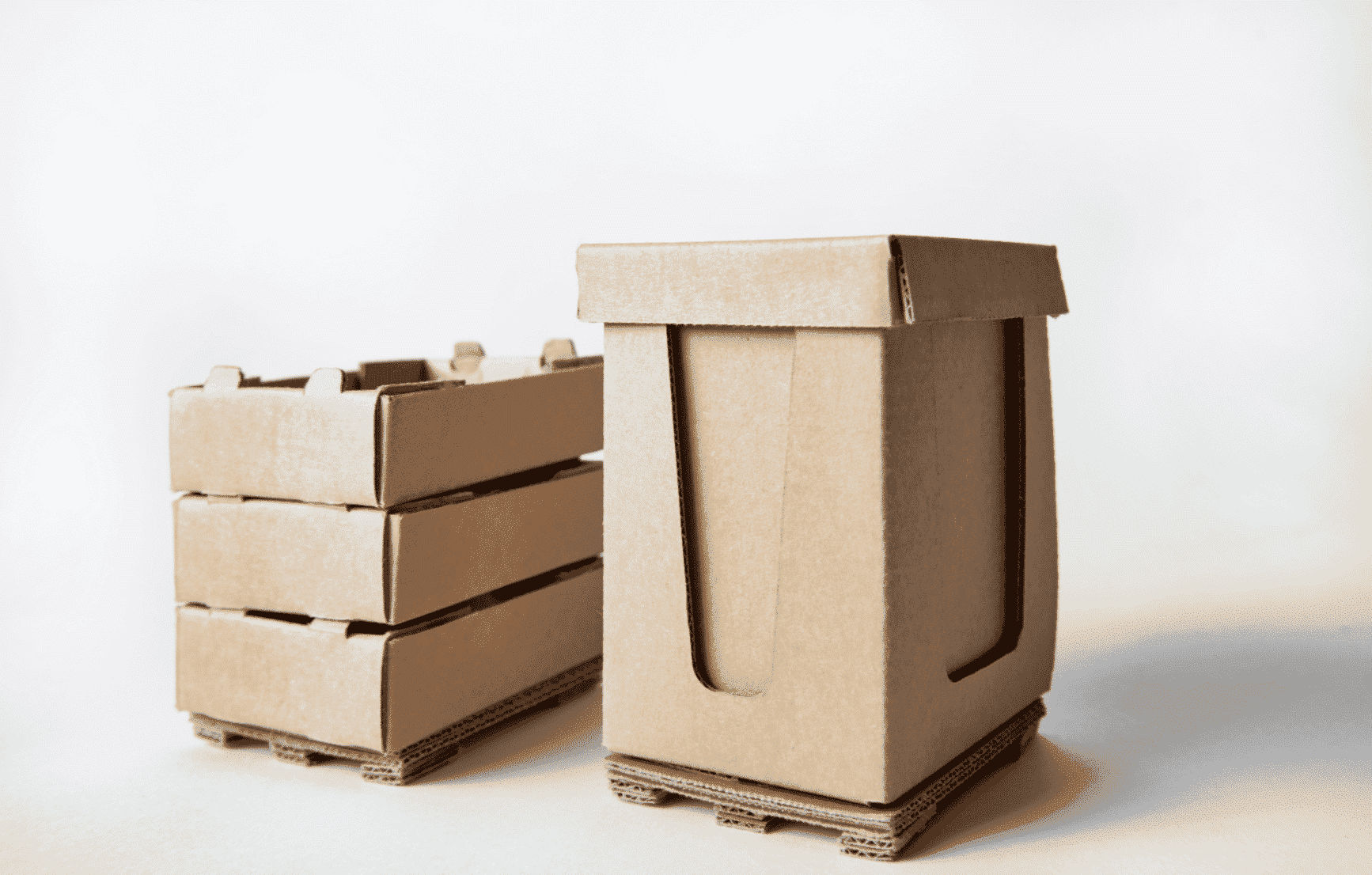

IKEA
Furniture giant IKEA has pledged to phase out plastic packaging by 2028.
The announcement, made November 23, is the company’s latest attempt to “have a positive impact on both people and planet.”
“Phasing out plastic in consumer packaging is the next big step on our journey to make packaging solutions more sustainable and support the overall commitment to reduce plastic pollution and develop packaging from renewable and recycled materials,” IKEA of Sweden Packaging & Identification Manager Erik Olsen said in the announcement. “The shift will happen progressively over the coming years, and mainly be focusing on paper as it is both recyclable, renewable, and widely recycled across the world.”
Reducing plastic waste and pollution is a priority for us, so we aim to phase out plastic packaging by 2028. Read on to find out why and how we're going to do that by using renewable and recyclable materials: https://t.co/nMRtaUcrGa #IKEA pic.twitter.com/OrQIeuCXZC
— IKEA (@IKEA) November 23, 2021
The move will come in phases. By 2025, the company will eliminate plastic from all new range consumer packaging. Then, it will eliminate it from running range consumer packaging by 2028. It is possible that plastic will still be used for its food items after 2028 if that is the only way to meet food safety standards, but if that is the case, it will still come from renewable or recycled materials.
The commitment is part of IKEA’s broader goal of becoming a circular company by 2030, as Fast Company reported. The company defines circularlity as “the elimination of waste and continual use of resources” and has promised to use only renewable or recycled materials by the end of the decade.
Towards this goal, it has already eliminated plastic from much of its packaging. The material now accounts for less than 10 percent of its annual packaging needs. The company already switched from using polystyrene in flat-pack boxes to paper or cardboard supports, according to Fast Company. Paper products will likely replace some of the remaining 10 percent as well.
“Paper is a very good material to use because it does come from renewable sources, and it has quite strong circular capabilities,” IKEA packaging innovation leader Maja Kjellberg told Fast Company. “But we’re not limiting ourselves to paper. We do want to use other materials going forward. And we have an innovation program ongoing right now where we’re scouting on startups and scale-ups to find new ways of packing products and other materials that aren’t wood and fiber based.”
While IKEA has been lauded for its environmental commitments, some argue the company still has farther to go. The Ship It Zero campaign, for example, is targeting IKEA as one of four major retailers that contribute to the climate crisis and air pollution by shipping goods to the U.S. The company has pledged to become “climate positive” by 2030, meaning it will reduce more greenhouse gas emissions than it emits across its supply chain.
“The congestion crisis brought about by the pandemic, the turn to online shopping and in-house leisure, as well as holiday related trends, has shined an additional light on this issue." Today for @EcoWatch, I wrote a new report on shipping pollution: https://t.co/7ArzcAjkWa
— Olivia Rosane (@orosane) November 30, 2021
- Why Do Walmart, Amazon, Target and IKEA Have Such High ...
- IKEA Plans to Ditch Toxic Polystyrene for Biodegradable Mushroom ...
- IKEA to Buy Back Used Furniture This Black Friday in 27 Countries ...
- IKEA Parent Company Buys Georgia Forest With Pledges to ...

 233k
233k  41k
41k  Subscribe
Subscribe 